Sri Lanka: National People’s Power and the path back to democracy

Join our WhatsApp Community to receive travel deals, free stays, and special offers!
- Join Now -
Join our WhatsApp Community to receive travel deals, free stays, and special offers!
- Join Now -

Read the first of this two-part series here.
Sri Lanka has a tradition of strong and independent civil society organisations and of professional (and organisational) autonomy within many branches of the state apparatus. By the turn of the century, it seemed increasingly obvious that this institutional basis for pluralism had been seriously eroded by politicians at every level.
As evidence and illustration one could have cited: (a) constitutional changes that created a very powerful executive presidency (b) routine attempts to bring the entire extended state apparatus, including the police and judiciary, under the direct and complete control of the political executive (c) the routine flouting of the law by the politically connected (d) the frequent murders of journalists and lawyers whose activities were embarrassing to the government (e) official encouragement for rabid anti-Tamil and anti-Muslim sentiments and actions (f) the increasing size and influence of the armed forces as the country faced growing internal armed conflict from 1971 onwards and (g) the atrocities (and extortion activities) that were committed by these forces (and the unofficial armed groups that they employed) as they defeated the Janatha Vimukthi Peramuna in 1971 and 1987-’89 and the various Tamil separatist groups from the early 1980s to 2009. Especially...
What's Your Reaction?
 Like
0
Like
0
 Dislike
0
Dislike
0
 Love
0
Love
0
 Funny
0
Funny
0
 Angry
0
Angry
0
 Sad
0
Sad
0
 Wow
0
Wow
0












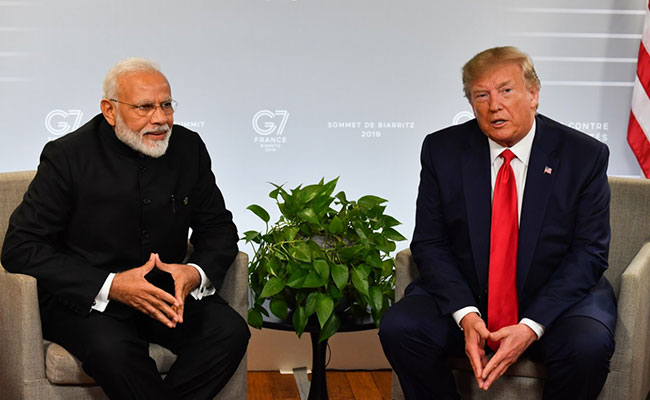



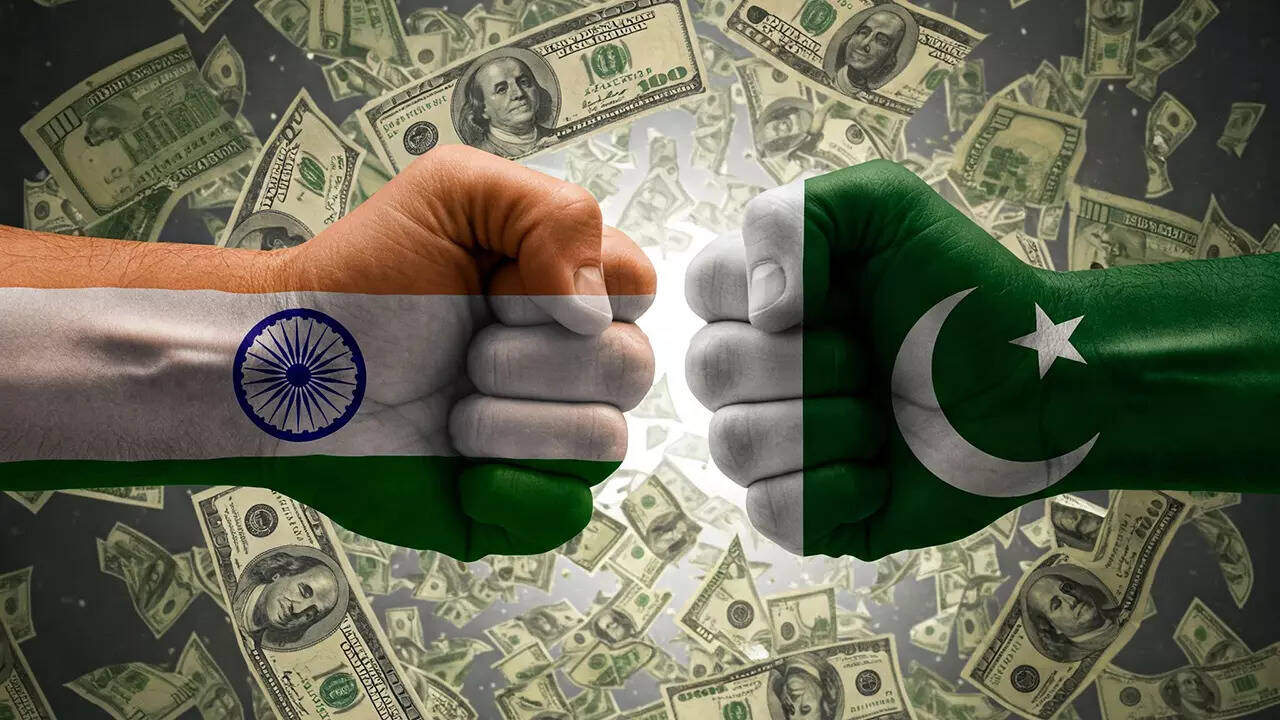













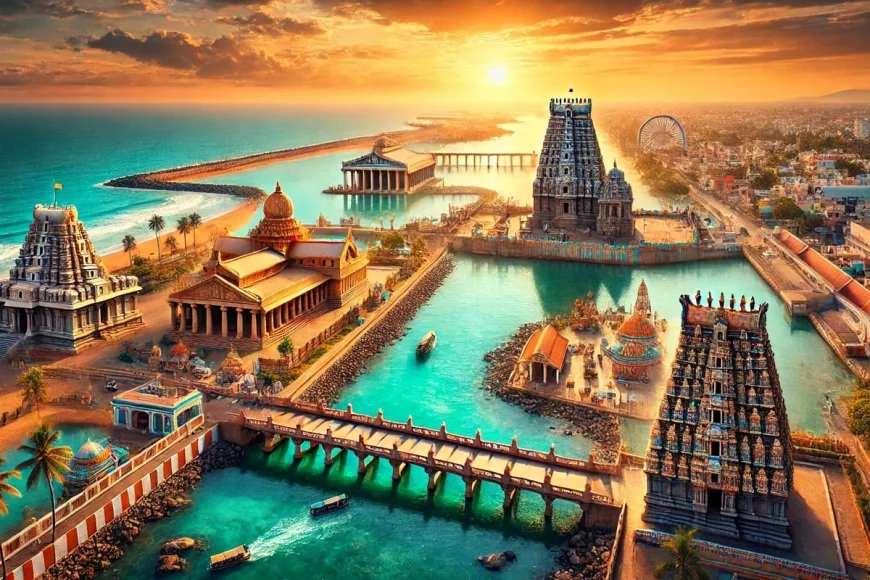
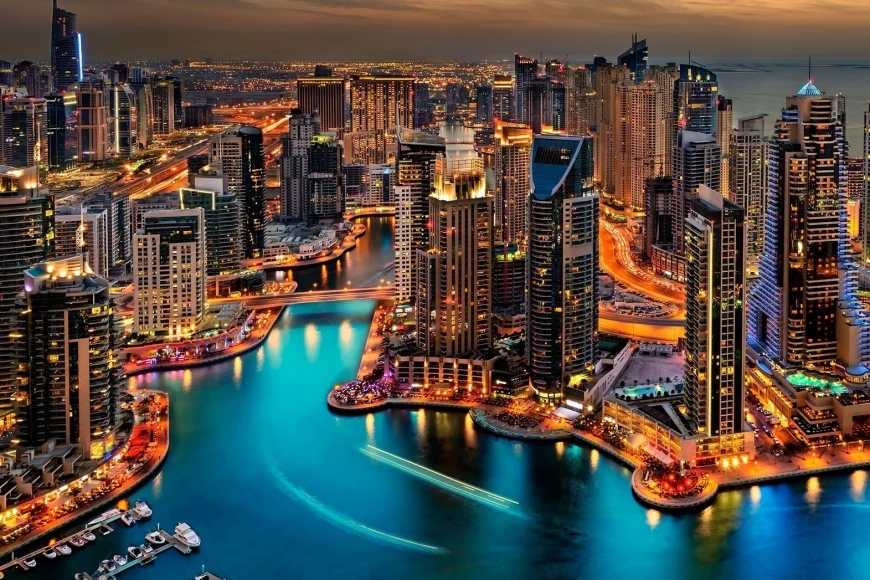




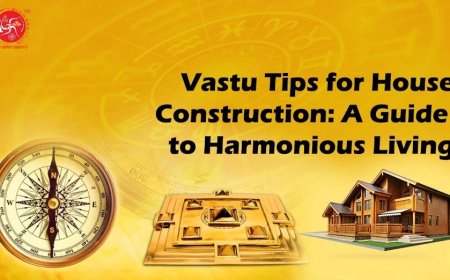
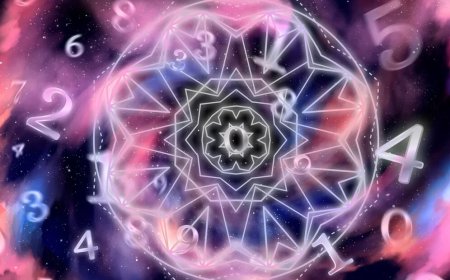


![Today's hottest deals - Kinsley Iron Blue Desk Pot at just Rs.49 [MRP ₹299]](https://savefree.in/uploads/images/202504/image_870x580_680c89dae6fdb.webp?#)















